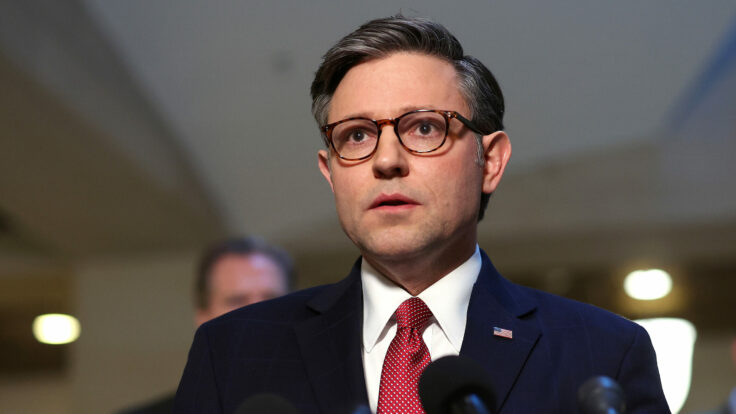Democrats, stunned and dismayed by the news that the Supreme Court is preparing to gut Roe v. Wade, are now hoping for a silver lining: that grassroots rage on the left, especially among women, will energize their base ahead of a midterm election that’s been tilting in the direction of a Republican landslide. Democrats, the thinking goes, might now have a culture war wedge issue of their own, allowing them to change the subject from a constipated economy and blast voters with the message that “ultra MAGA” Republicans are radical extremists hellbent on rolling back fundamental rights for all Americans. But the polls that have been released since Samuel Alito’s opinion leaked into public view suggest only modest gains in Democratic enthusiasm.
The headline numbers appear encouraging for Democrats, on the surface. A Morning Consult poll last week found that the share of Democrats who said they were “extremely” or “very” enthusiastic about voting increased by 6 points since the Roe news leaked, a jump driven mostly by women. And a Monmouth poll out Thursday found that while the economy and cost of living continues to be top of mind for midterm voters, abortion had soared to the second most pressing issue. About a third of Democrats, and a quarter of independents, said that agreeing with a candidate on abortion policy is the top consideration in their vote. Four years ago, during a Democratic wave election, fewer than 10 percent of those voters said the same.

















